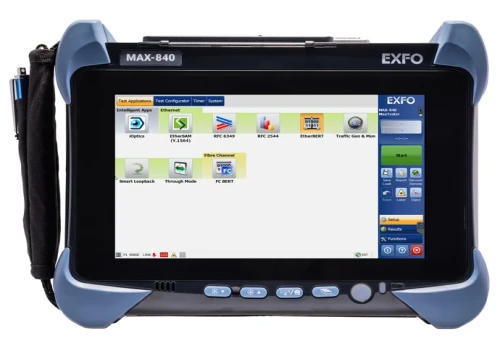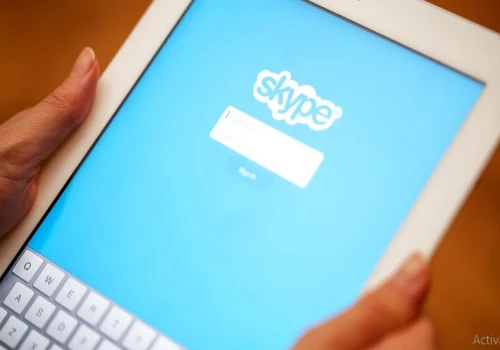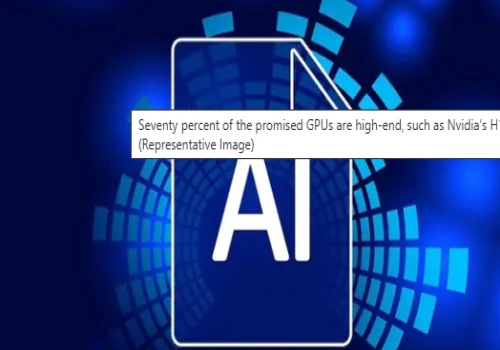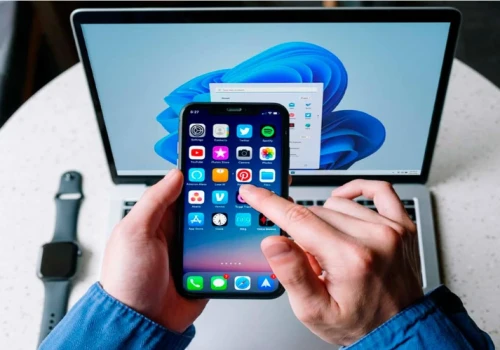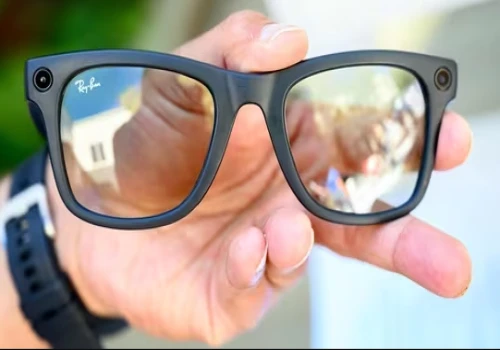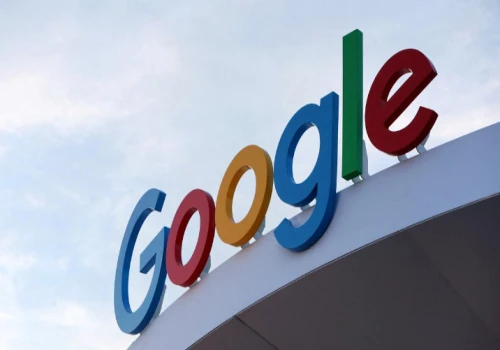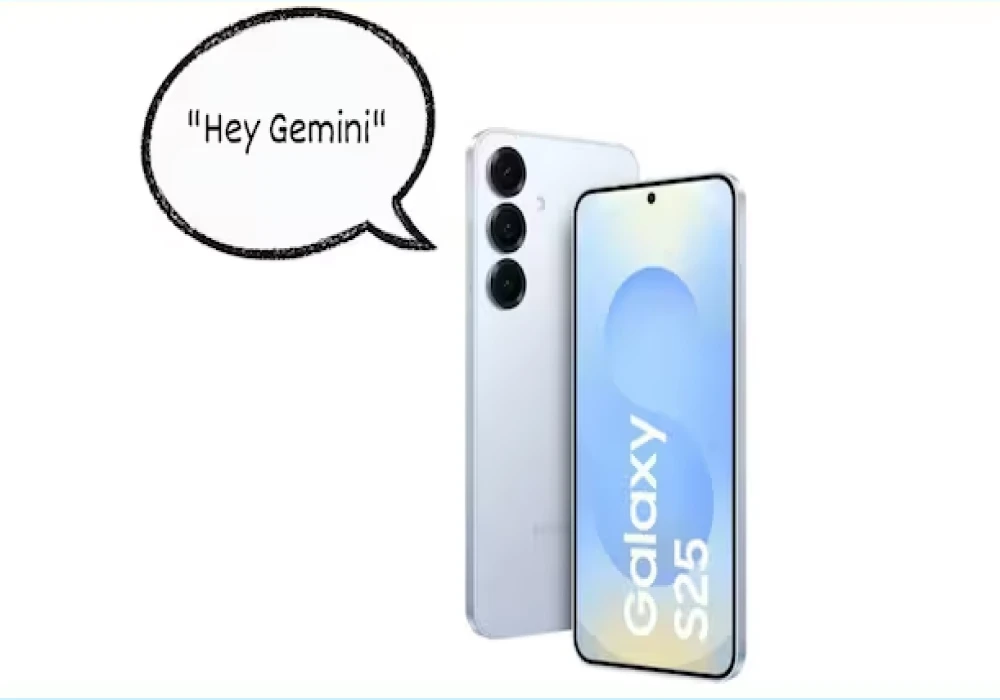
In a major shift in its AI strategy, Google has officially announced plans to phase out Google Assistant, the virtual helper it introduced in 2016. The company revealed that its new AI-powered assistant, Gemini, will replace Google Assistant on Android devices by late 2025. Google has assured users that they will receive a specific date in advance and will be prompted to upgrade in the coming months.
A New Era of AI Interaction
Google stated that this transition is part of a broader shift toward generative AI, which is redefining how users interact with technology. "Nearly a decade later, we’re in the midst of another platform shift. This time, generative AI is transforming the way we interact with technology," the company emphasized.
The move is not entirely unexpected, as newer Android smartphones—including those from Google’s Pixel lineup, Samsung, OnePlus, and Motorola—have already made Gemini the default voice assistant. Google further revealed that millions of users have already adopted Gemini, indicating a smooth transition ahead.
Gradual Rollout and Expanded Device Support
According to Google, the upgrade will occur in phases over the coming months. “Over the coming months, we’re upgrading more users on mobile devices from Google Assistant to Gemini; and later this year, the classic Google Assistant will no longer be accessible on most mobile devices or available for new downloads on mobile app stores,” the company explained.
The shift is not limited to smart phones. Google has confirmed that Gemini will also replace Google Assistant on tablets, connected car systems, and other linked devices such as headphones and smart watches. Additionally, the company is working on bringing a Gemini-powered experience to home devices like smart speakers, displays, and TVs.
Advancements with Gemini and Astra-Powered Capabilities
As part of its vision for the future, Google is enhancing Gemini with Astra-powered video and screen-sharing capabilities, set to launch this month. The company envisions Gemini as a more personalized and interactive assistant.
“We believe an assistant should be personal to you, and aware of the world around you. It should be able to interact with the apps and services you already use. And it should make you more productive, more creative, and a bit more curious,” Google stated.
The Future: Gemini Robotics and AI-Powered Automation
This announcement comes at a time when Google is also making strides in AI-driven robotics. The company has introduced Gemini Robotics and Gemini Robotics ER, new AI models designed to power robots capable of human-like tasks.
Google Deep Mind highlights three key improvements in these models: generality, interactivity, and dexterity. The new AI-powered robots will be more adaptable to different environments, better at engaging with people, and capable of handling intricate tasks, such as folding paper or unscrewing bottle caps.
As Google continues its push toward AI-driven innovation, users can expect further details on the Gemini transition in the coming months. Meanwhile, Google Assistant will remain functional on existing devices until the full shift to Gemini is completed.

